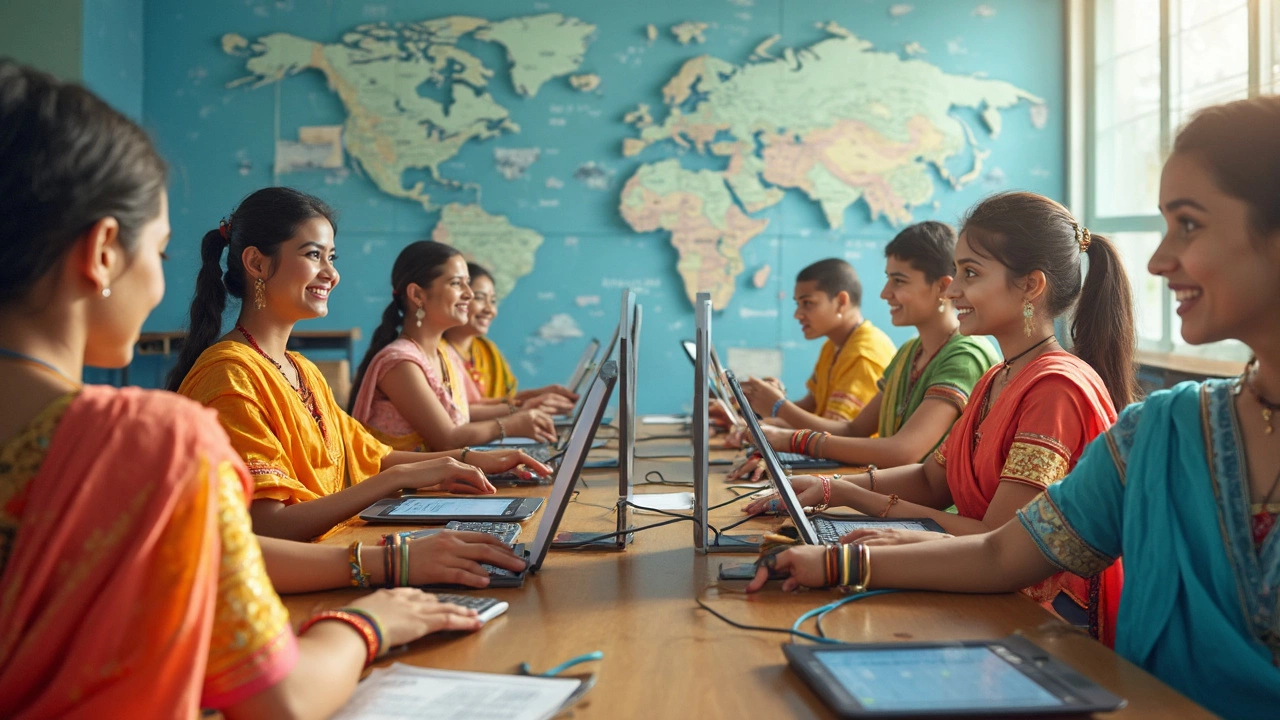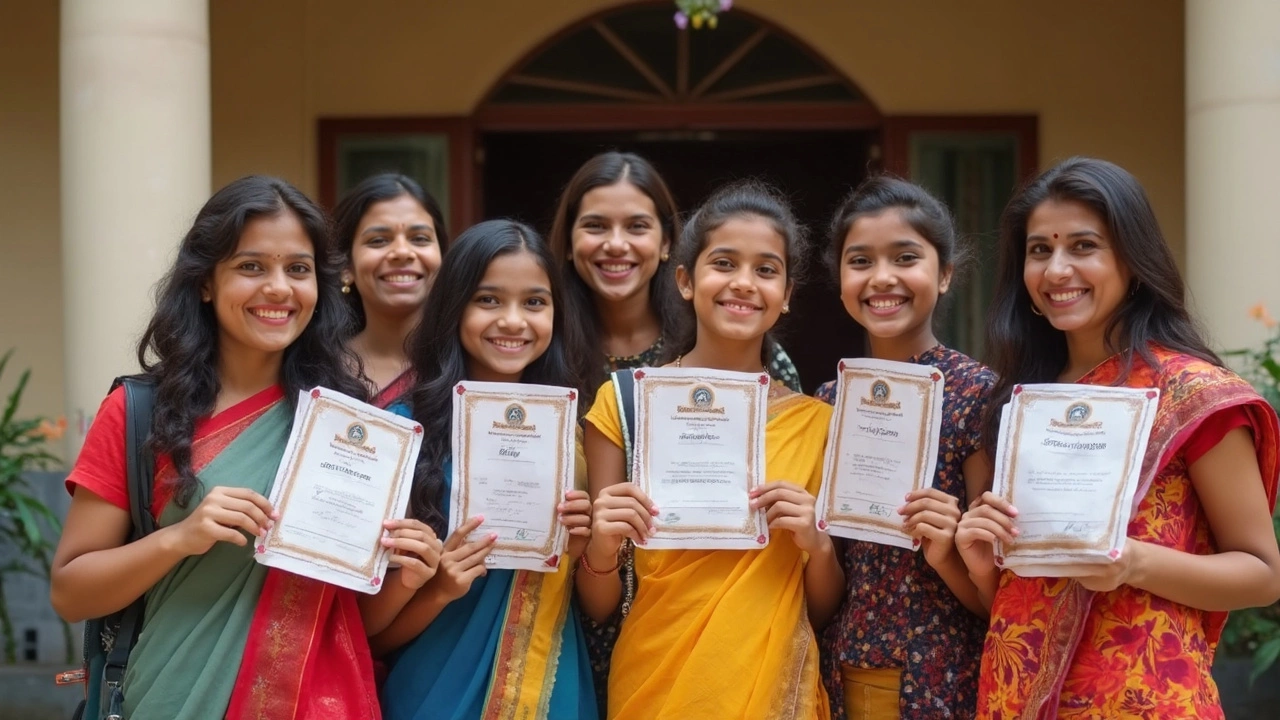Indian Education – What’s Changing and Why It Matters
When exploring Indian education, the network of schools, colleges, exams and online platforms that shape learning across the country. Also known as education in India, it blends traditional classrooms with modern technology, government policies and market‑driven skill demands. If you're looking to understand Indian education better, keep reading. The system isn’t a single monolith; it includes everything from rural government schools to elite private institutes, and a fast‑growing digital layer that reaches millions.
One of the biggest shifts is the rise of eLearning, digital delivery of courses through internet platforms that let learners study anytime, anywhere. eLearning enables students in remote villages to access the same content as those in metro cities, breaking geographic barriers. It also offers flexible pricing models, subscription plans, and certification tracks that align with industry needs. Because of eLearning, many Indian colleges now supplement lectures with video modules, quizzes, and live webinars, making education more interactive and measurable.
Alongside eLearning, coding education, structured learning paths that teach programming languages and software development skills has become a core component of the modern curriculum. Schools are introducing coding from grade 6, while private platforms provide bootcamps for college graduates. This focus on programming reflects the tech‑driven job market, where developers, data analysts and AI engineers earn top salaries. Coding education also fuels entrepreneurship, as students build apps and start tech‑based businesses before they finish their degrees.
All of this feeds into the intense world of competitive exams, standardized tests like NEET, JEE and civil services that determine admission and government job placements. These exams have shaped Indian education for decades, steering student choices toward science, engineering and medicine. Today, preparation strategies blend classic textbooks with online mock tests, AI‑driven analytics and peer‑learning communities. Knowing how eLearning tools and coding skills can improve exam performance gives students a real edge.
Practical Takeaways for Learners and Teachers
What does this mean for you? If you’re a student, start by mapping your career goal—whether it’s a medical seat, a software job, or a civil service role—to the resources that best match the goal. Use eLearning platforms for concept videos, then reinforce learning with coding labs or practice exams. Teachers can adopt blended models: deliver core lectures in‑person, supplement with interactive eLearning modules, and integrate coding projects that make abstract theory concrete.
Policymakers are also paying attention. Recent government initiatives fund broadband in schools, promote coding curricula, and subsidize eLearning content for underprivileged students. These policies aim to close the quality gap between urban and rural education, ensuring that every learner can benefit from digital tools and skill‑based training.
In short, Indian education today is a web of traditional institutions, digital learning, skill‑focused programs and high‑stakes exams. The next sections list articles that dive deeper into each of these areas—how to monetize eLearning, self‑teaching coding, choosing the right syllabus, and preparing for competitive exams. Browse the collection to find practical steps, real‑world examples, and actionable roadmaps that fit your unique journey.
Is CBSE Indian or International? Unpacking the Syllabus
The CBSE (Central Board of Secondary Education) is a major educational board in India, but its influence and recognition are increasingly international. While rooted in Indian education, its syllabus is designed to prepare students for a global stage by offering a wide range of subjects and a modern approach to learning. This article dives into what makes CBSE both distinctly Indian and relevant worldwide. Explore the nuances of its curriculum and how it caters to students aspiring for both national and global opportunities.
Understanding the 12th Class Degree in India: A Guide
In India, completing 12th grade is a significant milestone in the educational journey, commonly referred to as a 'Higher Secondary Certificate' (HSC) or 'Senior Secondary Certificate' (SSC). This article delves into the nuances of this qualification, recognizing the role of boards like CBSE in shaping student futures. We'll explore what this certificate means, its importance, and how it impacts university admissions and career paths.

